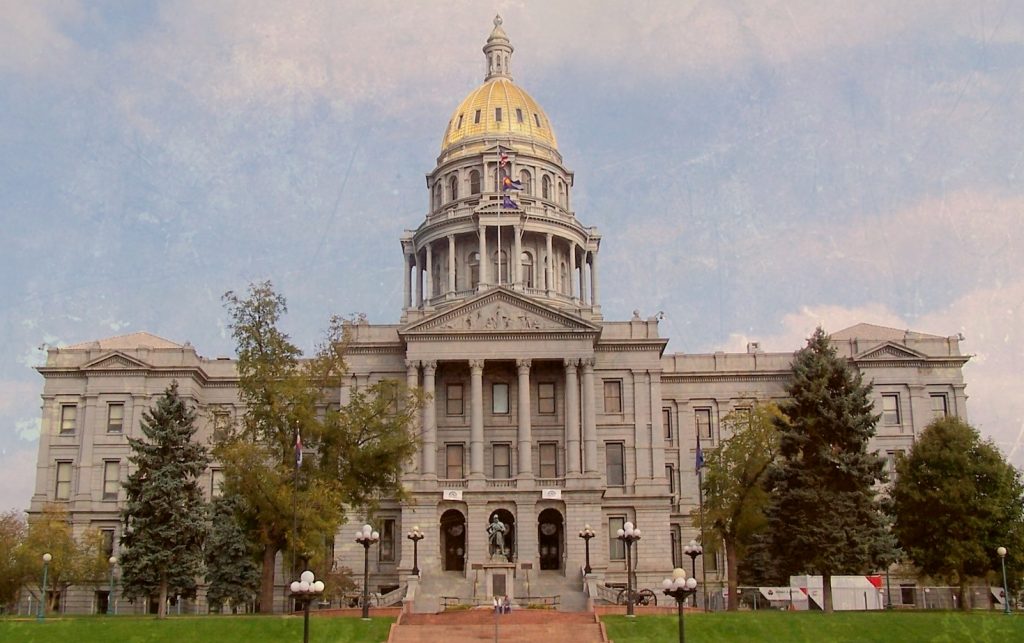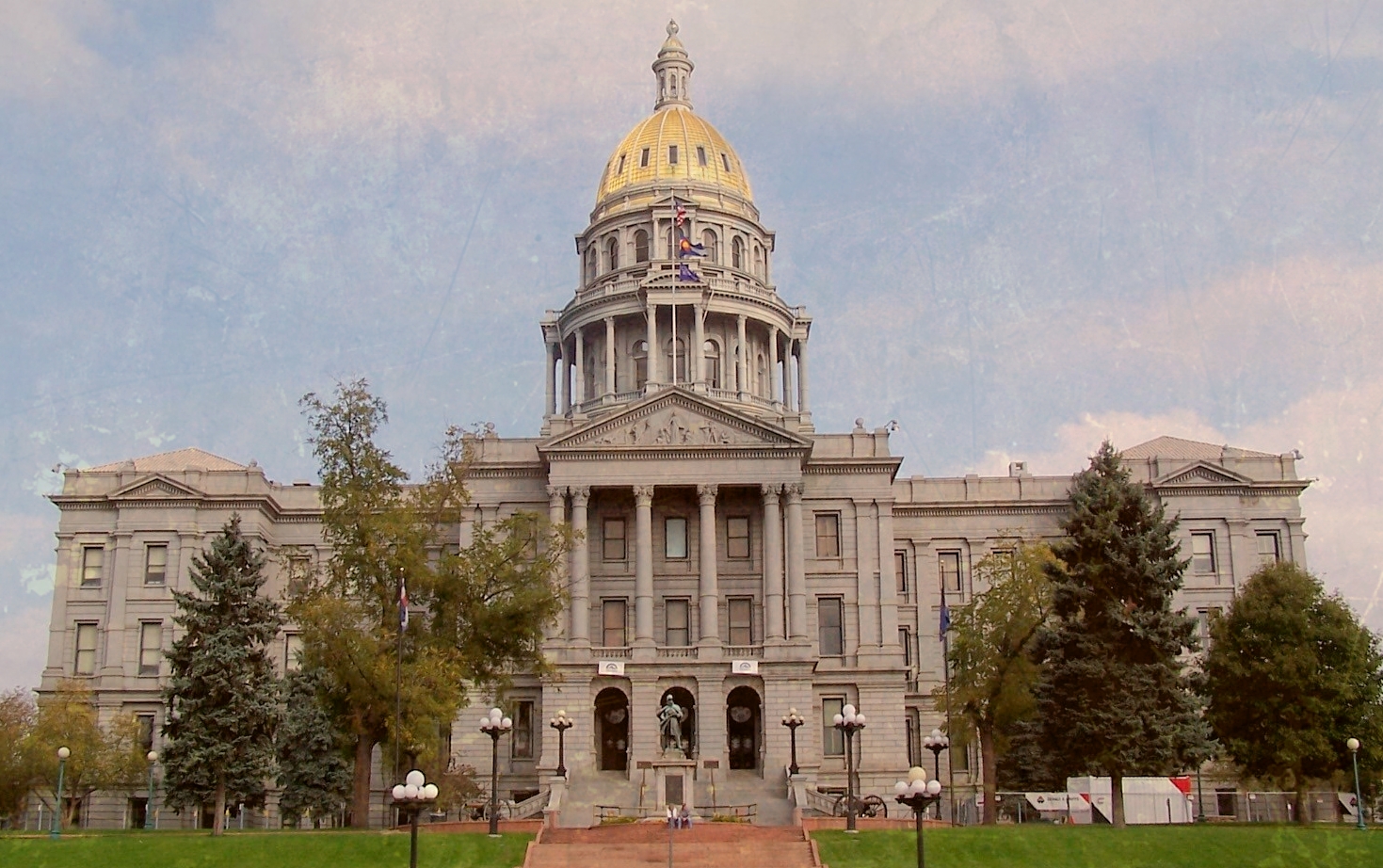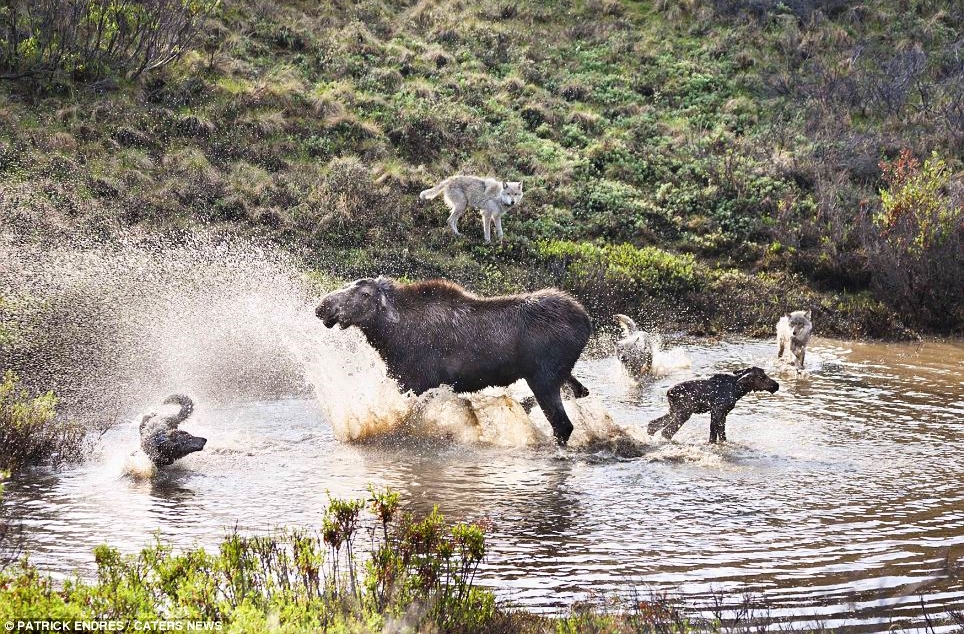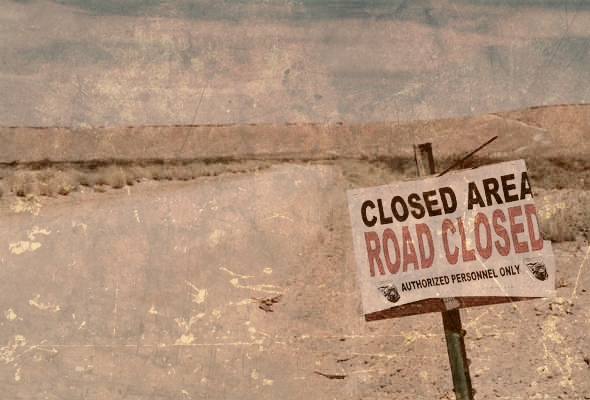“To alter our constitution, special interest groups can petition causes onto the ballot by gathering all signatures in one metropolitan area. Then they need only a simple majority vote to impose their will. The system empowers metropolitan Denver, exploding with out-of-state migration, to easily change fundamental laws for the entire state that are supposed to be reliable and timeless.”
Vote ‘yes’ on 71, to protect our way of life

The weak and vulnerable nature of our state constitution, which changes at whim, threatens Colorado’s way of life. Amendment 71 would “raise the bar” to protect Coloradans from constitutional shenanigans and mob rule.
If the U.S. Constitution were easy to change, we would not recognize the country.
Politically correct activists would amend or negate the First Amendment to forbid words or ideas considered offensive to an increasingly sensitive culture. Gun rights would disappear in the emotional aftermath of a high-profile massacre. Special interest revolutionaries would eliminate property rights to carry out impassioned plans for more fashionable uses of farms, ranches, golf courses and mines.
Fortunately, our federal constitution is difficult to change because the bar is high. It was designed that way to protect our limited democracy, a constitutional republic, from the pitfalls of unbridled populist impulse. It has protected our fundamental liberties from activist mobs and authorities for more than 200 years.
In Colorado, our state constitution offers no such stability. It protects property rights, but those protections are constantly threatened by well-funded, out-of-state special interests who are likely to succeed within the next few years in amending the constitution.
Just this year, out-of-state special interests tried to weaken our constitution’s property rights to stop oil and gas production under the guise of environmental protection.
They tried to place measures on the ballot that would authorize governments to restrict use of mineral and surface rights that protect private-sector energy production.
To alter our constitution, special interest groups can petition causes onto the ballot by gathering all signatures in one metropolitan area. Then they need only a simple majority vote to impose their will.
The system empowers metropolitan Denver, exploding with out-of-state migration, to easily change fundamental laws for the entire state that are supposed to be reliable and timeless.
They did so by passing Amendment 14, outlawing conventional trapping. Though few urban dwellers see the need for trapping wildlife, rural Coloradans did so to protect livestock from coyotes and other predators.
Because deep pockets can change the constitution virtually overnight, we are on the verge of constitutional chaos. We have Amendment 23, which requires the Legislature to increase K-12 education funding by a rate that matches inflation. Meanwhile, the constitution’s spending limits combine with Amendment 23 and other recent constitutional provisions for the unintended consequence of jeopardizing higher education funding and other state obligations.
The day anti-oil-and-gas measures pass, we will have a constitution that simultaneously protects property rights and authorizes trampling them.
Amendment 71 would retain the public’s option to amend the constitution, but guarantee widespread and diverse participation in the process. The amendment would do two major things: 1. Require at least 2 percent of signatures petitioning for a constitutional ballot measure come from each of Colorado’s 35 state senate districts; and 2. Require 55 percent of the popular vote to pass a constitutional amendment.
Those who appreciate a more populist approach to lawmaking should not fear Amendment 71. While it would protect the constitution as an anchor of legal stability, the option to change Colorado’s statutory laws with a simple majority vote would not change.
That’s as it should be. Statutory laws are inherently fluid, while constitutional laws are intended to be static. It’s a form of checks and balances foundational to liberty, exploiting the benefits of reasonably restrained democracy.
Colorado succeeds because the rights of individuals are protected by the state constitution. It is under attack by outside forces, often testing radical ideas because our bar is so low. Amendment 71 will stabilize our state’s most fundamental laws, protecting our way of life. Vote ‘yes’ on Amendment 71.
Editorial Board

*Free Range Report*



